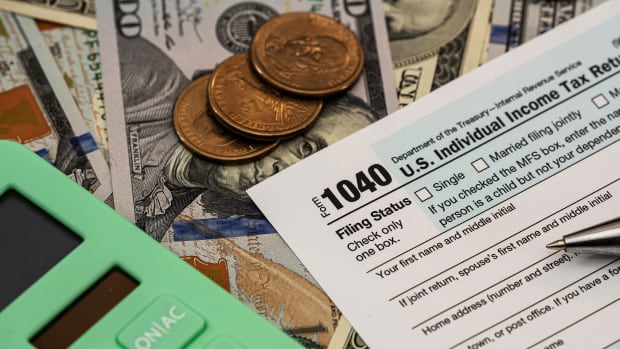
Tax season is here. Don’t rejoice too loudly.
For some people, tax season is a time of consternation and panic, a mad dash to get all their paperwork over to their accountant by tax day, which this year is April 18, 2023.
DON'T MISS: Save on Child Care Costs 2023: Dependent Care FSA vs. Dependent Care Tax Credit
Some people are well-organized, or have a fairly straight-forward financial and employment situation, and have already filed their taxes. There’s no need to get mad at these people, by the way. Envy is bad for the soul.
Those who are on the ball this year also get the reward of discovering that their refunds are, very likely, less than what they were expecting.
Why Are Tax Returns Lower This Year?
The average IRS refund is $326 lower than it was last year, according to the IRS.
The main reason for the downgrade is that various pandemic-era tax breaks, most notably the expanded the Child and Dependent Care Credit, have expired. The credit paid families back a portion of what they spent on daycare or care for disabled relatives.
As a result, the amounts of savings for the Child Tax Credit (CTC), Earned Income Tax Credit (EITC), and the Child and Dependent Care Credit have gone back to pre-COVID levels, and will vary by household
The credit was arguably the most prominent government programs that transferred money directly to households to help them survive in unemployment caused by the COVID-19 pandemic.
Other notable changes to this year’s tax codes are the expiration of a homeowner deduction, as well as many personal and dependent exemptions such as moving expenses and alimony, and limits have been placed on deductions for mortgage interest and state and local taxes. But of course, every individual tax payer will be impacted differently.
Other expired credits include the Recovery Rebate Credit and the COVID Retirement Plan Distribution.

Shutterstock
But Look At the Bright Side
While you will be getting less money this year, you will at least be getting it faster.
The IRS reports it has already processed 3.7 million more returns this year, as pointed out by CNET, and the amount of early filings has risen by 9.1%, from 26.4 million last year to 28.8 million.







